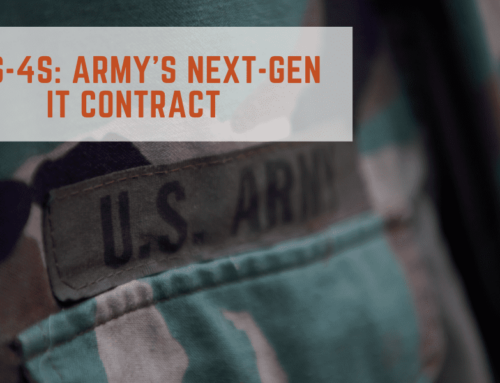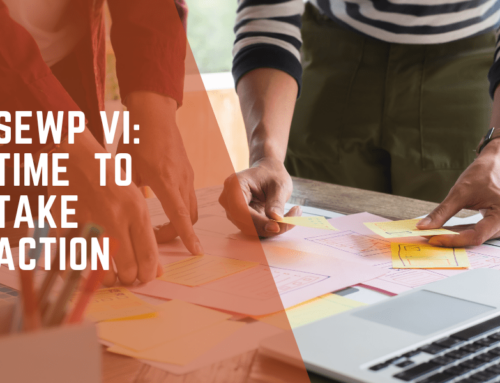Paul Sanders
One of the funniest and most challenging experiences of my proposal career occurred when I traveled to Saronno, Italy for a job. Most proposals are challenging by nature, with the intense planning required just to get there (flights, hotels, rental cars), then actually pulling it off (flight delays, lost luggage, and missing cars). But just imagine doing it all in another language. The excitement began immediately after my broker called. For those who might not know, Saronno is the birthplace of the famous liqueur Amaretto di Saronno. It’s also home to Isotta Frashcini (IF), known for their fine automobiles in the early 20thcentury, competing with Rolls and Mercedes. During the final days of World War II, the plant had been strafed by fighters, and one of the buildings, still camouflaged, bore the bullet holes. What a surreal place to write a proposal!
When I arrived, IF had just perfected an “amagnetic” diesel engine that they wanted to offer to run on U.S. minesweepers. The primary feature of their engine was that, unlike its competitors, it was de-magnetized – it needed no coils, thereby making it a lot faster to work on, which would allow the Navy to get the minesweeper back in service more quickly. I was joining a team of seven American consultants (only one spoke Italian) and twenty-some-odd Italian engineers and support folks (only four spoke English). And we had only five weeks to develop, write, and submit a 1,500-page proposal, in English, to the U.S. Air Force. I was in charge of editing and production.
All of us know that a consultant team normally works 10-11 hour days, 6-7 days a week. But this was Italy. Every day the Chief Engineer Eng. Cerini would lead the team out the door at precisely 1:00 p.m. for a walk to the only restaurant that was open in the entire town, while all other businesses were taking something comparable to a 1-hour siesta. What I didn’t expect was a 2-hour, 7-course meal! Every day. “We’ll never get this proposal delivered if we do this every day,” I thought. But we did. We just had to work harder. (I didn’t get much sleep during this effort either, because our hotel kept turning off the heat from 2-6 a.m. to save electricity!
While struggling to make sense of it all, I walked by one of the PAs/interpreters one morning who was busily typing one of the team member’s written input on an old manual typewriter. I asked her if she and her friend were going to type the proposal. She smiled and said, “Yes.” On seeing the old typewriter, it dawned on me that I’d seen no word processors (aka, computers) anywhere in the building. They didn’t have any. I informed Eng. Cerini of the situation and that we would not finish the proposal in 5 months, much less 5 weeks! In a panic he immediately ordered half a dozen Olivetti word processors and began advertising for typists.
My prayer was that the computers would arrive in time and that the typists would be proficient and understand enough English to produce the proposal on time. And guess what, they did, and they did! We finished the proposal, made the appropriated number of copies, and shipped it to the Navy. Exposure to the Italian culture and the ability to get through the challenges and help produce a winner make this job stand out in a 30-year career.
—






Leave A Comment